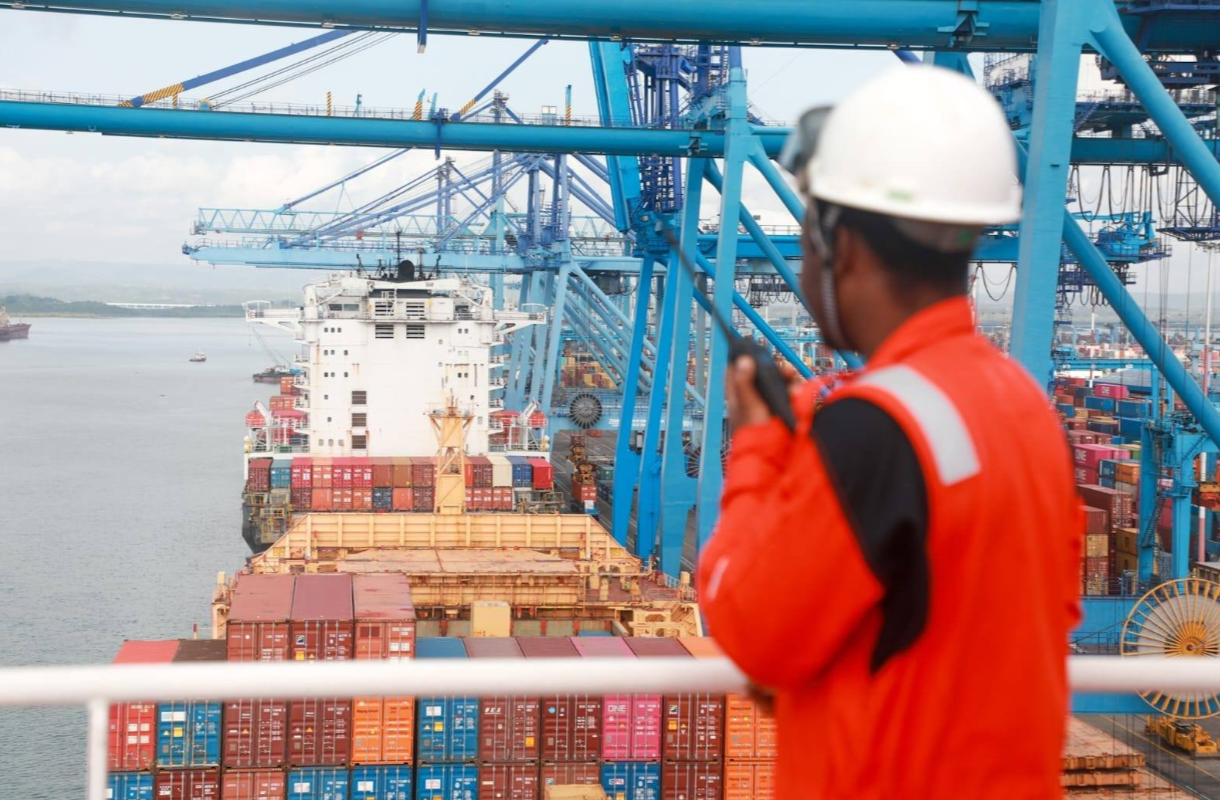

Shipping agents have criticised the new inspection rules and charges by Kenya Plant Health Inspectorate Service (Kephis), becoming the latest to fault the move, which they say will make Kenyan ports uncompetitive.
This, they said, is in addition to exposing consumers to higher commodity prices as shipping lines and traders are forced to pass on extra costs, charged on vessels and containers.
While Kephis had in March announced a hold to the implementation of the new charges for stakeholders' dialogue, shipping lines have revealed that the agency has been sending invoices, leaving them with no option but to recover the extra costs from traders, who have in turn passed this to consumers.
The fees include 50 cents per kilogramme, with a minimum charge of Sh100, and an additional Sh500 per phytosanitary certificate and inspection. This is targeted at all fresh produce exports.
For imported agricultural produces, traders are expected to pay 50 cents per kilogramme plus Sh600 per plant import permit.
It also eyes between Sh500 and Sh10,000 for inspection of ships depending on the size (including dhows and canoes), aircrafts, containers and other tests such as moisture content determination.
These are under physical tests, examination and inspection by the state corporation mandated to assure quality of agricultural produce and products, while also preventing the introduction and spread of pests and diseases.
Current cost per one 40-foot reefer container for instance, at an average of 22 metric tonnes of fresh produce has increased from Sh1, 500 to Sh11,000 for inspection while phytosanitary has increased from Sh500 to Sh11,500.
If a business is, say, exporting an estimate of 400–40 foot reefer units of fresh produce, it means annual phytosanitary costs will increase from Sh600,000 to Sh4.6 million, a 670 per cent increase.
The Kenya Ships Agents Association, representing its members, now joins the Shippers Council of Eastern Africa (SCEA) to voice concerns over the Kephis charges, even as it calls for relocation of the state agency’s operations from within port premises to avoid congestion and delays.
It wants Investments, Trade and Industry CS Lee Kinyanjui to intervene.
According to KSAA which represents agents incorporated in Kenya, East African businesses, shipping lines, ship owners and charterers, the charges by Kephis are not in tandem with industry and international practices and standards, hence need to be aligned with best practices.
The government should also consider the operational relocation of Kephis activities from within the port area, it says.
During a recent sector meeting, port users indicated that charges levied in respect of inspection activities “must be transparently justified by corresponding, verifiable physical inspections.”
Such charges, where warranted, should be appropriately passed on to the responsible cargo interests, such as importers or exporters while procedures must be consistently aligned with international standards and regulatory frameworks, ensuring compliance with applicable trade laws and practices.
“Port operations must remain fluid and unimpeded; inspection activities should not disrupt access to storage, cargo handling or the broader logistics chain. In accordance with international norms, inspections should ideally be conducted at the point of origin preferably at shipper or consignee premises to minimise operational impact within the port,” KSAA said in reference to a meeting held on June 5 this year.
Chief executive Elijah Mbaru yesterday said compliance requirements must be addressed at the earliest stage of the import or export process, before cargo is admitted into port facilities, to mitigate any operational interruptions.
“Lasty, the competitiveness of the Port must be preserved; any introduction of additional charges or procedural requirements should be carefully evaluated to avoid discouraging vessel calls or trade throughput or adding further cost to the logistics chain,” Mbaru said.
Port user also want inspection to specifically target plant-related consignments and not broadly applied to all cargo types as is currently proposed for implementation within the Port of Mombasa.
The charges, port users say, will increase the costs of doing business and undermine the competitiveness of Mombasa Port in the region.
These “procedural inefficiencies” may cause delays in port, affecting vessel turnaround and cargo clearance timelines, with recent reports indicating Mombasa is already experiencing delays.
A communication by global shipping line–CMA CGM Kenya to its customers dated August 12, seen by the Star, indicated the Port of Mombasa was experiencing vessel berthing delays of up to eight days.
“As a result, discharge of imports and loading of exports is being delayed. At the moment, we do not have visibility of when this situation is going to be resolved. To this effect, we kindly request that you plan your shipments accordingly,” the shipping line said.
KSAA has also cited lack of transparency in inspection criteria, scope and execution, making planning and compliance difficult for port users.
“The fees imposed are not commensurate with the services provided and there is inadequate communication on how and when inspections will be carried out,” it added.

















